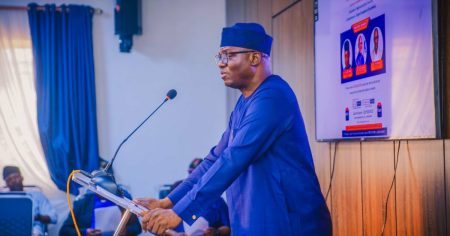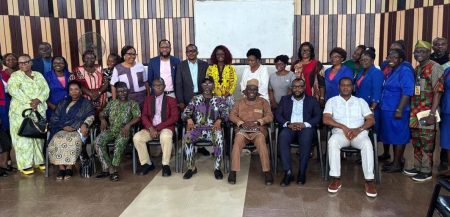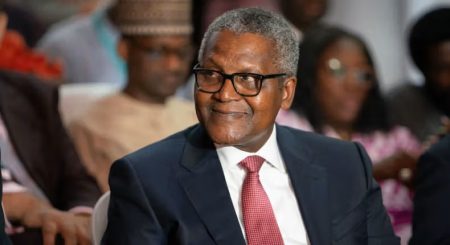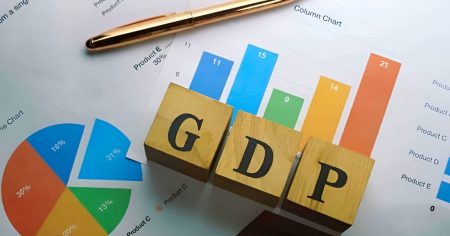President Bola Tinubu engaged in critical discussions with the Association of Power Generation Companies (GENCOs) to address the persistent financial challenges plaguing Nigeria’s power sector. The GENCOs, responsible for electricity generation since the 2013 privatization, face significant financial strain due to chronic underpayment for electricity supplied, accumulating a substantial debt burden. This debt has been exacerbated by various factors, including insufficient tariffs, unpaid government subsidies, gas supply limitations, weak transmission infrastructure, and widespread energy theft. The crux of the meeting revolved around the GENCOs’ plea for the government to settle longstanding arrears owed to them by the Nigerian Bulk Electricity Trading Company (NBET).
President Tinubu acknowledged the inherited financial obligations but emphasized the necessity of a thorough audit to verify the legitimacy and accuracy of the claimed debts. He stressed the importance of transparency and accountability in addressing the issue, stating that the acceptance of these liabilities must be based on credible grounds. While accepting the responsibility for the debts accrued under previous administrations, he insisted on a meticulous verification process to ascertain the authenticity of the figures presented. The President appealed to the GENCOs and their lenders for patience while government-appointed auditors and legal experts scrutinize the claims. This audit, he explained, would ensure that the funds allocated are genuinely justified and contribute to economic and industrial progress.
The President’s commitment to resolving the power sector’s long-neglected legacy issues is underscored by his anticipatory approval of a N4 trillion bond program. This substantial financial injection aims to address the sector’s liquidity crisis and provide much-needed relief to the GENCOs. However, he made it clear that the disbursement of these funds would be contingent upon the successful completion of the verification and validation process. This measure aims to inject much-needed capital into the sector, alleviate the financial strain on GENCOs, and facilitate continued operations and future investments. However, disbursement will be contingent upon the outcome of the ongoing debt verification process.
The financial predicament of the GENCOs is further complicated by the increasing reluctance of banks to extend further credit, raising concerns about potential foreclosures that could ripple through the entire power value chain. President Tinubu cautioned banks against such drastic measures, urging them to exercise patience and collaborate in finding sustainable solutions. He called for collaborative efforts between the government, GENCOs, and financial institutions to navigate the challenges and ensure the sector’s stability. The President’s appeal to the banks underscores the potential systemic risk posed by the GENCOs’ debt crisis, highlighting the interconnectedness of the power sector with the broader financial system.
The meeting also brought to light the substantial scale of the financial liabilities involved. Olu Verheijen, the Special Adviser to the President on Energy, revealed that the Federal Government’s verified exposure to GENCOs stood at N4 trillion as of April 2025, representing an accumulation of debts dating back to 2015. While N1.8 trillion of these claims have been validated by NBET, the final figure remains subject to further scrutiny and potential downward revision. The magnitude of this debt emphasizes the urgency and complexity of the situation, requiring a comprehensive and strategic approach to resolution.
The government’s efforts to address the power sector’s challenges are not limited to resolving the debt crisis. Adebayo Adelabu, the Minister of Power, highlighted significant achievements under the Tinubu administration, including the enactment of the Electricity Act 2023, which aims to decentralize and liberalize the electricity market. He also pointed to the launch of the first Integrated National Electricity Policy in 24 years, the attraction of over $2 billion in new private capital, a 70% increase in sector revenue, and improvements in generation capacity and grid stability. These accomplishments demonstrate a commitment to reforming the sector and creating a more sustainable and efficient power market. Despite these positive developments, the Minister stressed the urgency of addressing the liquidity crisis to safeguard the progress made and prevent a potential nationwide shutdown of generation assets.
Furthermore, prominent business leaders like Tony Elumelu and Kola Adesina echoed the need for immediate government intervention, emphasizing the critical role of a stable power supply in driving economic growth and development. They stressed the crippling effect of the debt burden on the GENCOs and warned of the dire consequences of inaction. Their appeals underscored the importance of a reliable power sector for unlocking Nigeria’s economic potential and urged the President to prioritize resolving the debt issue.
The government’s recognition of the interconnectedness between a stable power supply and economic prosperity is evident in the high-level representation at the meeting, including the President’s Chief of Staff, the Coordinating Minister of the Economy and Finance Minister, and other senior officials and stakeholders. This signifies the administration’s commitment to tackling the longstanding challenges in the power sector and its determination to find lasting solutions to ensure a reliable and sustainable electricity supply for Nigeria’s future.














